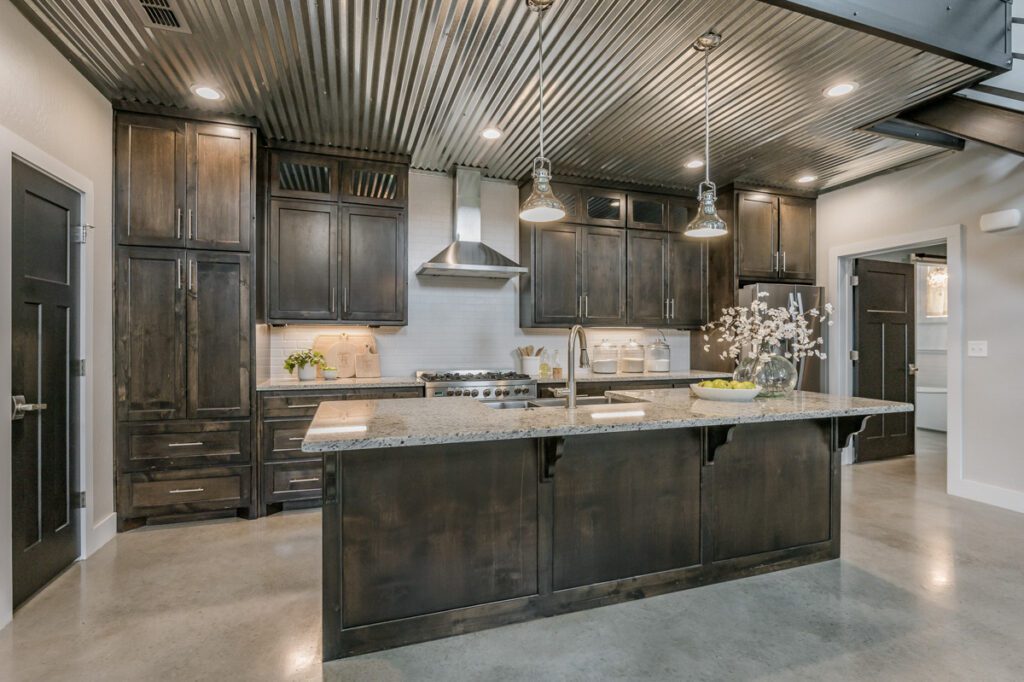Buying a home is exciting, but it’s also one of the biggest decisions you’ll ever make. While the excitement of house-hunting and imagining your new life in a dream space is tempting, there are several important things to consider before signing on the dotted line. Here’s a list of crucial factors many people forget to check off during the home-buying process:
-
The True Cost of Homeownership
It’s easy to get swept up in the price tag, but there’s more to homeownership than just the mortgage payment. Consider property taxes, homeowners’ insurance, maintenance costs, and utilities. Understanding these extra costs will help you avoid any financial surprises. -
The Home’s Resale Potential
Whether you plan on living in the house forever or just a few years, consider its resale value. Factors like the neighborhood’s growth potential, nearby amenities, and overall demand in the area can influence how easy (or difficult) it will be to sell down the road. -
Hidden Maintenance Costs
Be sure to look beyond the fresh coat of paint and new appliances. Older homes, while charming, can come with hefty repair costs, from plumbing to roofing. Get a thorough inspection to uncover potential red flags that could cost you in the long run. -
Neighborhood Atmosphere and Amenities
The house is important, but the neighborhood is just as crucial. Spend time walking around, checking out nearby schools, shopping, and entertainment options. Also, consider long-term neighborhood developments that could impact your home’s value or lifestyle. -
Your Long-Term Needs
Is this home a forever home or a stepping stone? If you’re planning to have a family or need more space in the future, make sure the house fits your long-term lifestyle needs. Think about room for growth, home office space, or proximity to work and schools. -
The Home’s Energy Efficiency
The green features of a home can significantly affect your monthly costs and long-term comfort. Look for energy-efficient appliances, proper insulation, and things like double-glazed windows that can save you money on heating and cooling bills. -
Market Timing and Interest Rates
The timing of your purchase plays a major role in how much you’ll pay for the house. Market conditions, interest rates, and housing trends can shift quickly. It’s important to evaluate if you’re buying during a market high or low and whether the current interest rates work in your favor.
